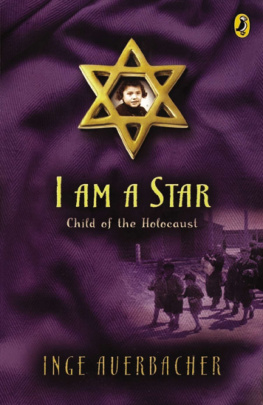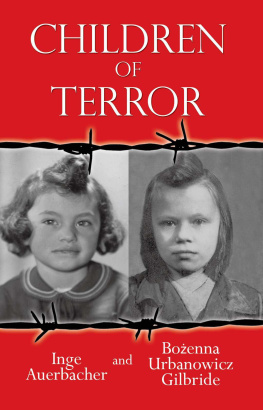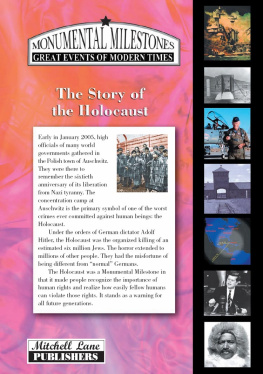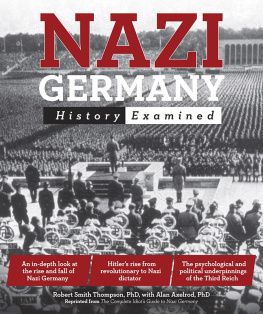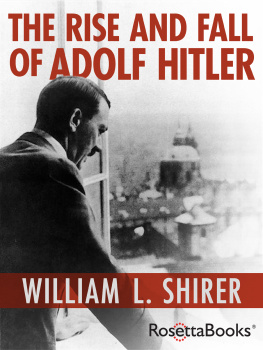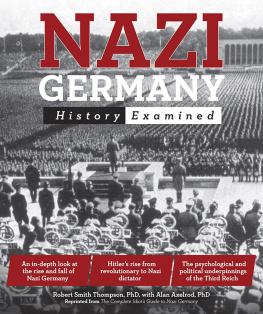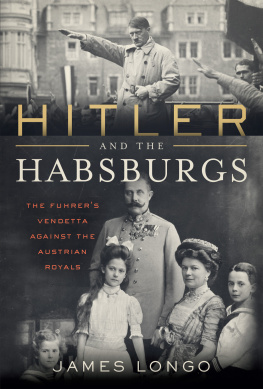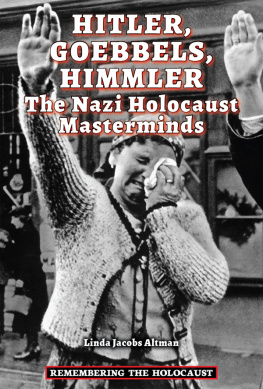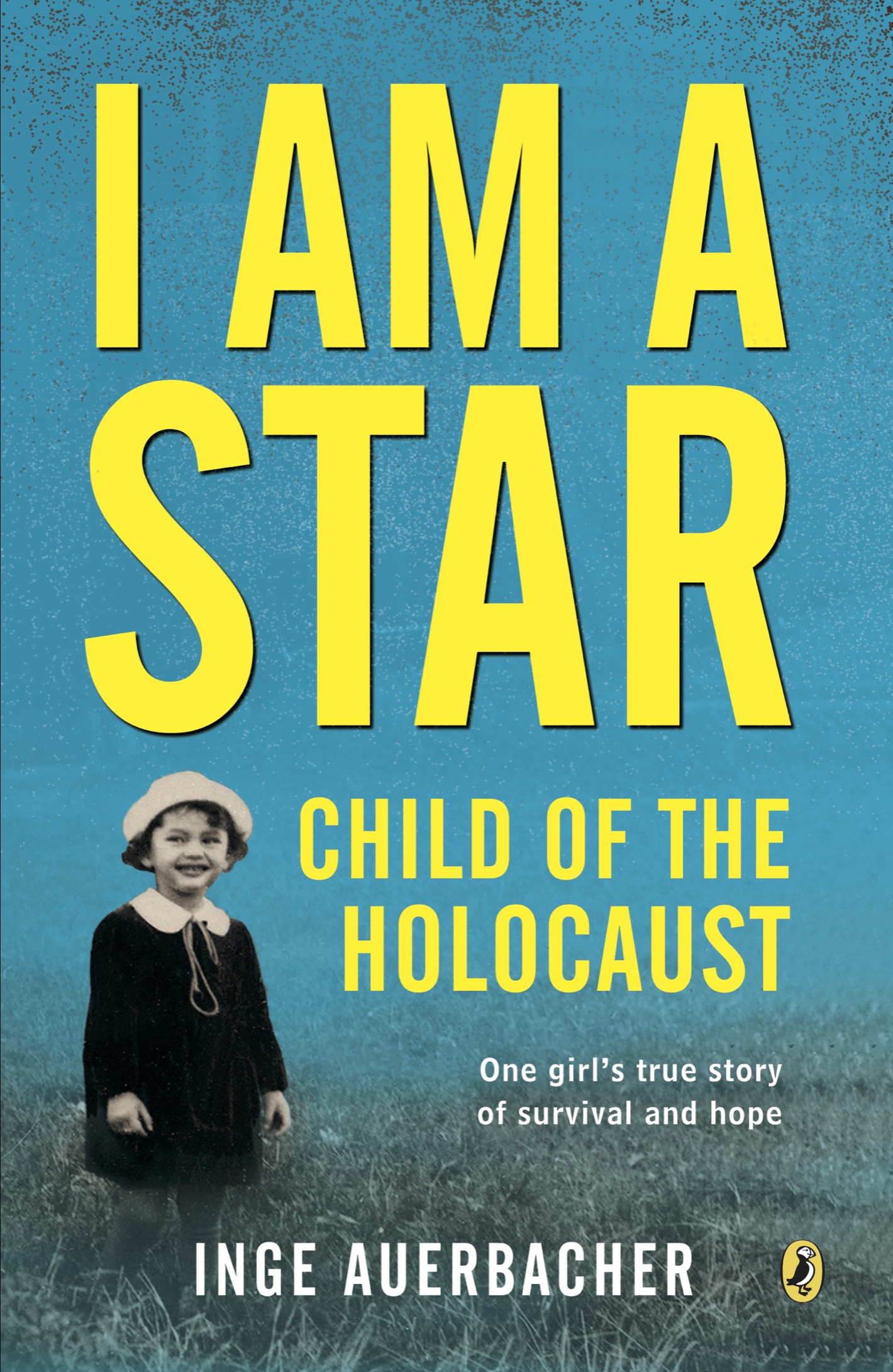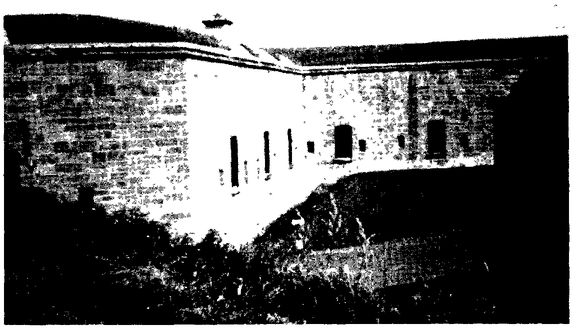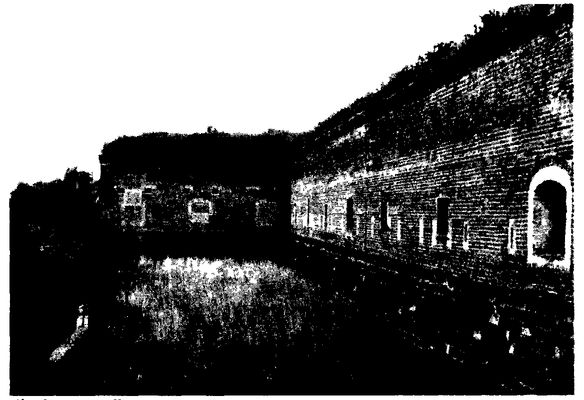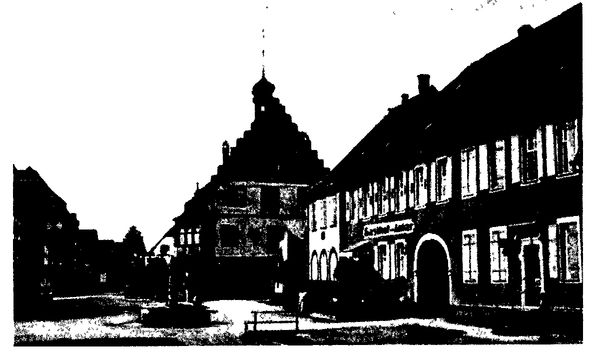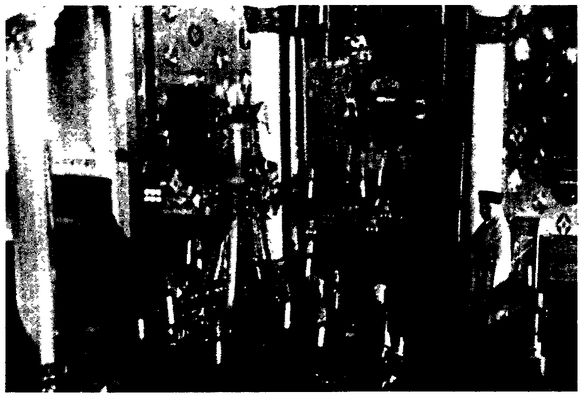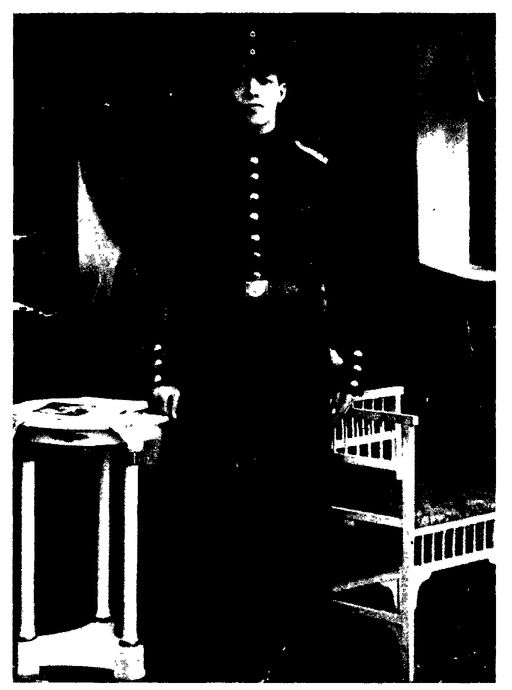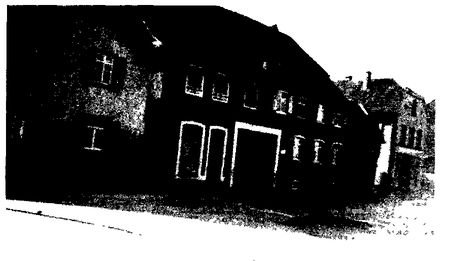CHAPTER 1
Beginnings
I remember as a little girl waiting impatiently for my birthday to arrive. My childhood birthdays were always very happy and special. That is, until my eighth birthday. I was seven years old in 1942 when I was sent with my parents to a concentration camp in Czechoslovakia. My next three birthdays marked the years of a nightmare.
Of fifteen thousand children imprisoned in the Terezin concentration camp in Czechoslovakia between 1941 and 1945, about one hundred survived. I am one of them. At least one and a half million children were killed in the Nazi Holocaust. The reason most of those children died is that they were Jewish.
Why should one remember these dreadful events? The death of one innocent child is a catastrophe; the loss of such numbers is unimaginable. Their silent voices must be heard today. This is why I feel compelled to trace the historical events that made this great evil possible and to tell my own story.
The fortress walls of Quebec City.
The fortress walls at Terezin.
My hometownKippenheim.
Many years have passed since these events. Sometimes particular things such as a uniform, high black boots, or the sound of a whistle and train, shock me into the past. On a vacation in Quebec City, Canada, the sight of the old fortification brought the memories flooding back. The high red brick walls seemed to close in on me. I felt frightened. It was as if I were back there in Czechoslovakia. Yesterday became today. This was not Quebec City anymore; it became Terezin. It brought back to me the time when the nightmare began.
I was born on December 31, 1934, in Kippenheim, a village in southern Germany. Kippenheim is situated at the foot of the Black Forest, close to the borders of France and Switzerland. The population of around two thousand was composed of about sixty Jewish families and approximately four hundred and fifty Catholic and Protestant families. My family belonged to the middle class. Papa had his own textile business. Jews had lived in Kippenheim for at least two hundred years. I was the last Jewish child born there. The synagogue was the center of our lives. I remember well the interior of our beautiful synagogue. The bright chandeliers always caught my eye. It was very strange and special for me to hear Cantor Schwab chant our Hebrew prayers. Most of the Jewish people of Kippenheim attended the Sabbath service on Saturday morning. There was always a special festive spirit during our holidays, and the worshipers came dressed in their best clothes. It was common practice to visit one another after the synagogue service and to invite a stranger into ones home for dinner.
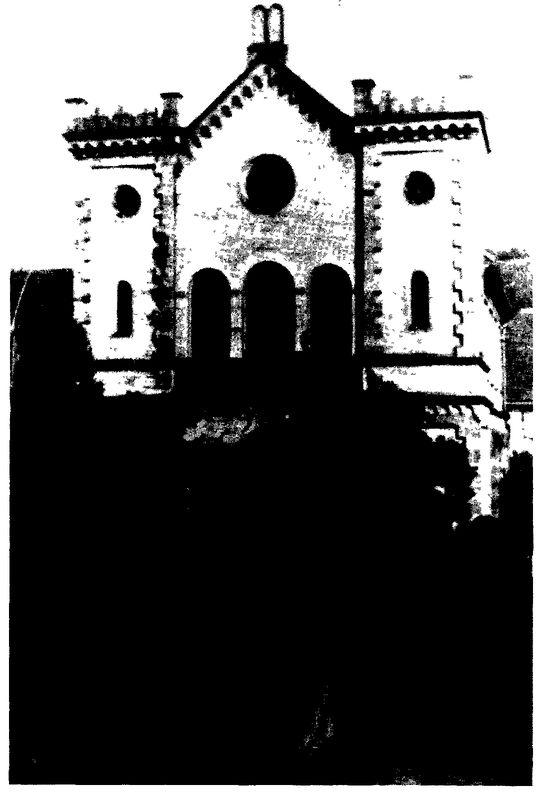
The synagogue in Kippenheim before its destruction.
The interior of the synagogue with cantor Schwab.
There was a very strong bond among the Jewish people of Kippenheim. We felt as if we were all members of an extended family. Many of the Christians of Kippenheim were farmers, while the Jews owned small shops and sold textiles or cattle. We were a friendly community, and both Christians and Jews assumed responsibility for their German citizenship, in peace and in war. Papa was a soldier in the German army in World War I. He was only eighteen years old when an enemy bullet tore through his right shoulder and wounded him badly. He was decorated with the Iron Cross for his bravery in the service of his country.
I was the only child of Berthold and Regina Auerbacher. Papas family had settled in Kippenheim some two hundred years earlier.
Papa as a German soldier in World War I.
Inge, grandparents and parents in Kippenheim, 1938.
Our house in Kippenheim (middle).
Most of his family made their living by buying and selling cattle, an occupation practiced by many Jews in southern Germany. Papas grandfather bought the large house in which Papa and I were born. Many Auerbachers lived in Kippenheim, and all of us were related. Mama was born in Jebenhausen, an even smaller village some two hundred miles away. Her father was also a cattle dealer. Papas parents had died a few years before his marriage to Mama. Three of Papas married sisters lived in different parts of Germany, and the fourth lived in France. Two sisters had two children each. They were my older cousins Hella, Werner, Heinz, and Lore. Mamas only brother was married and lived a few hours away.
NOVEMBER 9, 1938
It was a cold morning in November,
A day that I will always remember.
We were awakened from a peaceful sleep,
The flames of terror had begun to leap.
Open the door, police, let us in;
Dont run or hide, you cannot win!
We had avoided the truth and closed our eyes,
The knock on our door had caught us by surprise.
All Jewish men are now under arrest,
Report to City Hall and join the rest!
Grandpa attended services each day,
Now, from his prayers he was torn away.
The train rolled on toward incarceration,
Dachau, barrack number sixteen, their destination.
ARBEIT MACHT FREI was their only greeting,
To hide the reality they would be meeting.
They wore blue and white striped uniform,
Beaten and hungry they faced the storm.
In the village only women and children were left,
Followed by rampage of tremendous ruin and theft.
Our temple became the prime target of hate,
Mama saw tablets ripped from their normal state.
The Commandments lay broken on the ground,
Heralding darkness with their crushing sound.
Broken glass crashing, echoed all day,
Our house was no place for us to stay.
In our living room, a stone grazed my head,
We ran for shelter in a backyard shed.

